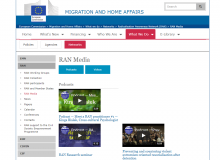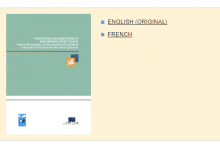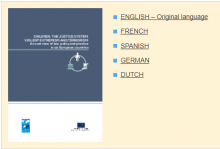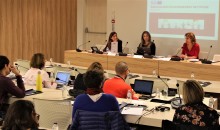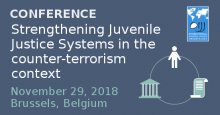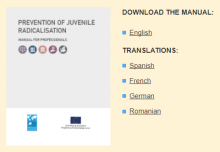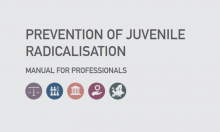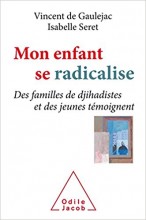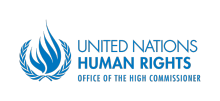The most recent Issue Paper published by RAN (Radicalisation Awareness Network) of the European Commission is the 2018 publication “A Nimble (NMBL) Approach to Youth Engagement in P/CVE”. Its purpose is to provide practitioners working with young people with a step-by-step guide on how to best engage them in initiatives that seek to prevent or counter violent extremism.
The handbook uses the NMBL Approach, a framework based on the philosophy of effective youth engagement in planning and project design, and it offers a matrix which follows four key steps: 1. NAME the problem; 2. MAP...
Read more
